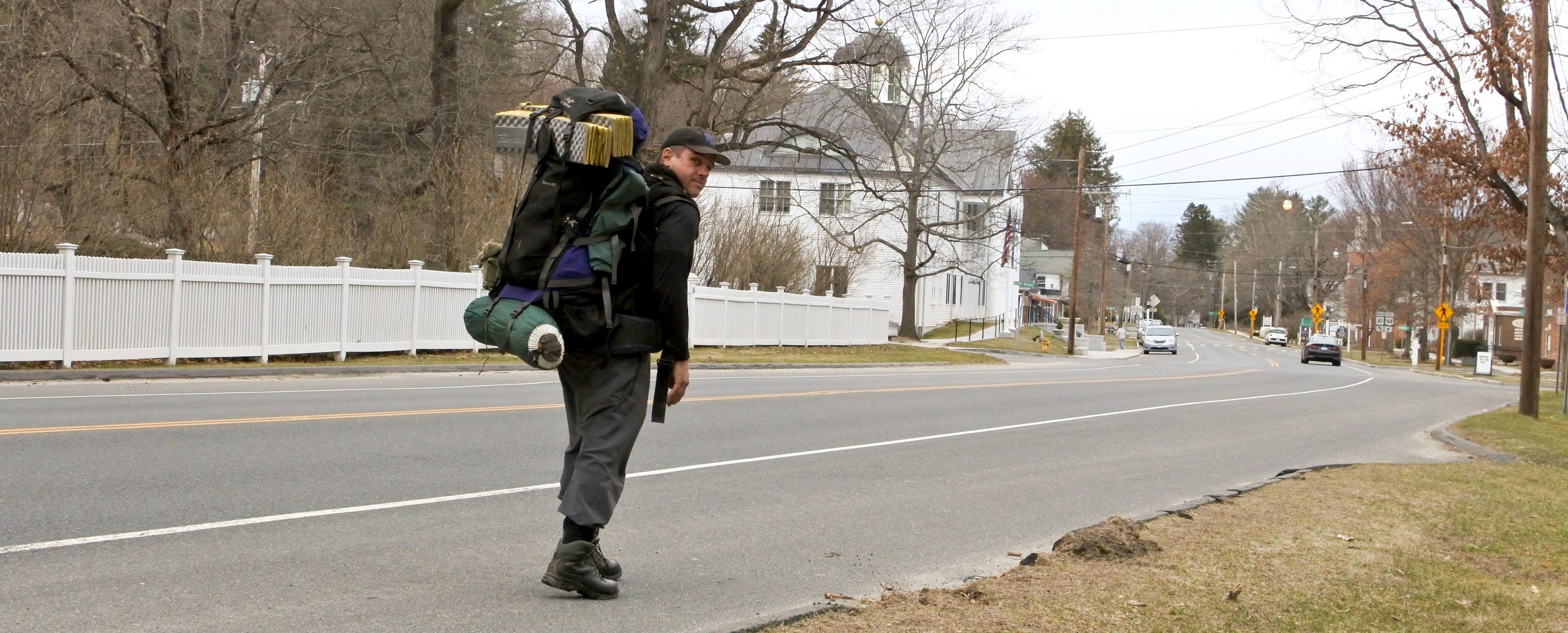My Secret Life as a Coronavirus Nomad
As a freelance journalist, I’ve struggled financially for years. Then the pandemic hit and I got thrown on the street. But I will go on — I always do.

Edited by Noah Rosenberg
Remnants of my life covered the suburban lawn in front of me the day I became a coronavirus nomad: backpack, tents, sleeping bags, an oversize suitcase filled with all my clothes, black hockey bag, a week’s worth of freeze-dried food, two computers, cameras and lenses, a flip-phone, cables, cords and an internet hot-spot. A friend of mine and her husband, who owned the lawn and the house next to it, had piled it there for me to take. I was no longer welcome. They even parked their car across the street, instead of in their driveway, so that I would not be near it.
“I don’t want you near my kids,” my friend spat in an email to me earlier that day.
I wasn’t even sick. All I’d done was come from New York City. That was enough, although there were more confirmed cases of the virus that day in Westchester County, where she lives, than there were in the City. Sometime during the train ride up from Grand Central my mood turned funereal. Bauhaus’s “Bela Lugosi's Dead” st…
Keep reading with a 7-day free trial
Subscribe to Narratively to keep reading this post and get 7 days of free access to the full post archives.



